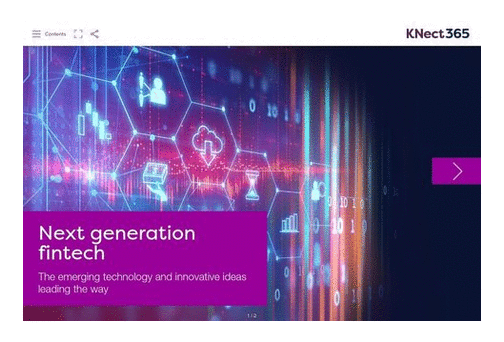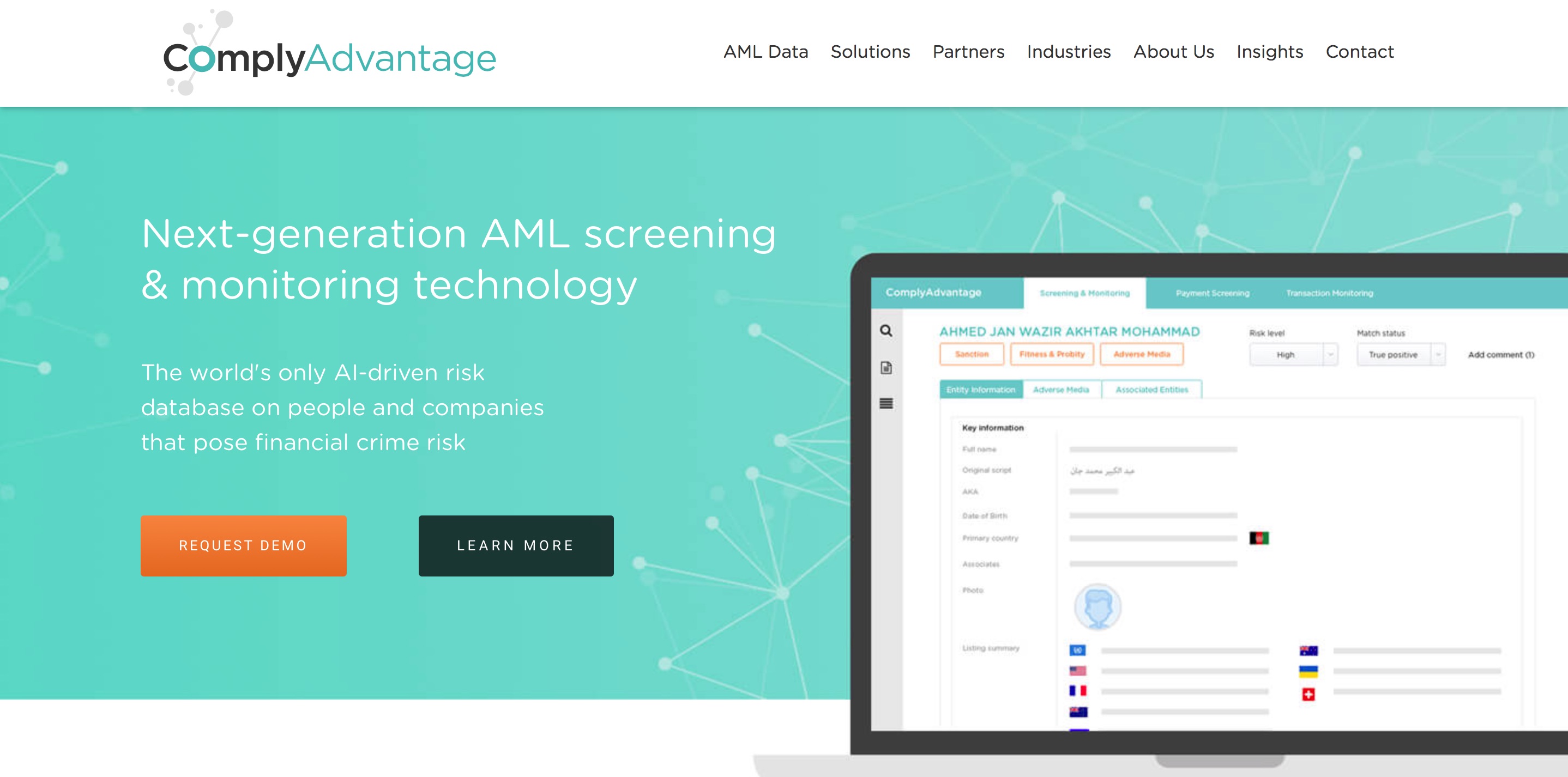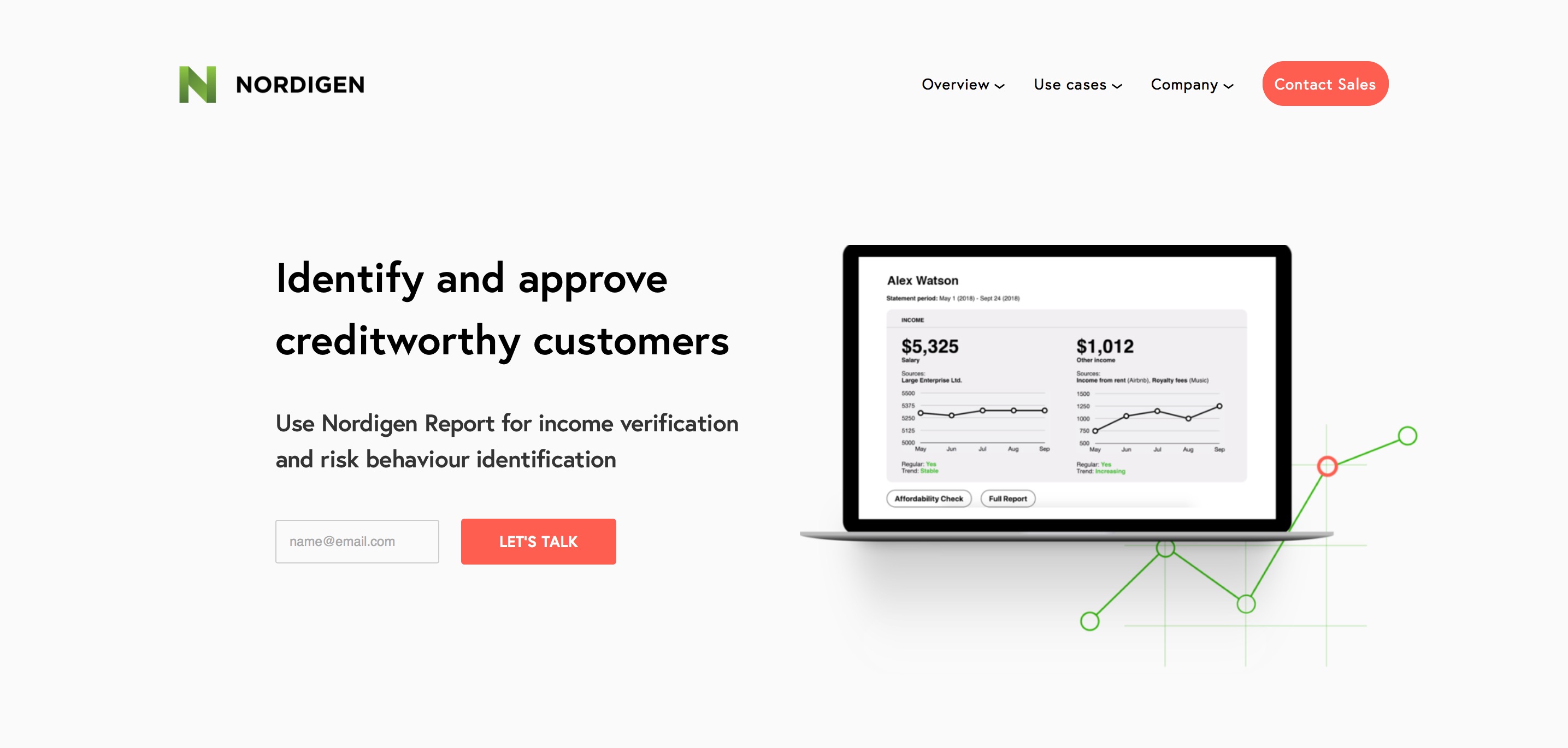Steven Ramirez, CEO of Beyond the Arc, explores why customer experience has jumped  to front of mind for most banks, and why there is no silver bullet to solve poor customer experiences. Success, he explains, is a medley of understanding your customer, deploying new technology, and keeping your staff happy, too.
to front of mind for most banks, and why there is no silver bullet to solve poor customer experiences. Success, he explains, is a medley of understanding your customer, deploying new technology, and keeping your staff happy, too.
Steven will be chairing the Customer Experience Summit Day at FinovateSpring this year in San Francisco, May 7 through 10. Find out more about this deep-dive day, or the full event.
Five years ago, no one in financial services was talking much about customer experience. Customer service? Sure. Customer satisfaction? Perhaps. But organizations weren’t equipped to examine the entire lifecycle of interactions that a person has as they learn about a bank, explore its products, become a customer, manage an account, and perhaps ultimately decide to leave or stay.
For one thing, the siloed nature of many organizations doesn’t create an incentive to think about a customer relationship holistically. Fast forward a few years, and much has changed. Banks and credit unions realize that they are essentially in a commoditized business. They understand that with so much similarity in products and services, one of the only ways to differentiate is based on the experience they deliver. But therein lies the challenge: what investments in technology, processes, and talent are most likely to improve customer experience?
Technology companies like Amazon, Apple, and Google have disrupted a range of industries from advertising, to retail, to computer hardware. In 2019, they’ll increasingly target financial services. With this growth in TechFin, we can expect to see the creation of financial experiences, not just new products or services. The way people receive a paycheck, spend it, and save for the future will be technology-enabled to better reflect their personal needs and long-term goals.
This means you can’t just plug-in a new technology and hope to transform.
The importance of customer understanding
Your first investments need to be in better understanding your customers—both the ones you have today, and the ones you hope to attract in the future. In a recent study about innovation, only 18.3% of companies identified themselves as a Digital Leader. And on a similar note, just 29.5% said they were very excited about “their ability to adapt over the next three years.” Critical to both is the necessity to know more about your customers, and their needs, than ever before. With the explosion of data, and the tools to derive insights from it, you can now improve customer experience by spotting previously undiscoverable trends and taking action. You can see how machine learning, cloud and edge computing, and more robust data integration capabilities could play a role.
Personalization at scale
Investments in customer understanding help to fuel progress in personalization. Cutting-edge marketing from ten years ago emphasized the importance of sophisticated segmentation. Today, your customers want to feel like you’ve tailored your offering to meet their unique requirements. An important implication of this is that you need to communicate with the audience of one.However, you need to do this at scale for thousands, or millions, of people. Each person, as an individual, must feel that you are considering their needs, and only their needs, when they interact with you. Predictive analytics can enable real-time solutions that match customers with the most appropriate products and services, at just the right time for them.
Improve employee experience to improve customer experience
As Beyond the Arc strategist Michelle Espinoza notes in our recently published CX trends article, “Companies are focusing so intensely on CX, they’re losing sight of the employee experience.” She goes on to note that, “just like Amazon set the bar for CX, we can expect to see companies emerge that set the bar for employee experience as well.” I can think of several leading companies that get this right: Disney, Zappos, Ultimate Software (a BTA client), Salesforce, and others. What will it take for your bank to make this list? And what tools and technology might help to ensure your success? Machine learning can help tie your recruitment process to key success factors for various jobs. Business intelligence, real-time alerts, and robotic process automation (RPA) can help you to report on, and streamline, operational conditions so your employees can remove customer pain points.
Tech, transformation, and the future of CX at your bank
Unfortunately, there’s no simple recipe to transform customer experience. If there was one, your raw ingredients would include better customer understanding, personalization, and employee engagement. In their book Outside In, Kelly Bodine and Harley Manning argue that there are billions of dollars at stake. They cite the example of Fidelity: when clients had a good experience, they invested 4.5 times more with the firm than people who did not, amounting to billions in incremental assets every year. And telecom provider Sprint saved $1.7 billion from averted customer service calls per year. Technology can certainly help you to acquire vital new capabilities. But to achieve success, your bank will need to treat CX as a core business process, focus your resources on measurable improvements, and invest in both people and technology.
More resources:
Who is Beyond the Arc?
We help companies apply innovation to attract customers, improve customer experience, and develop data-driven strategies. From telling your story in clear, compelling ways in digital and everywhere else, to unlocking business value with data science, AI, and machine learning, Beyond the Arc has got you covered. Follow us on Twitter @beyondthearc.
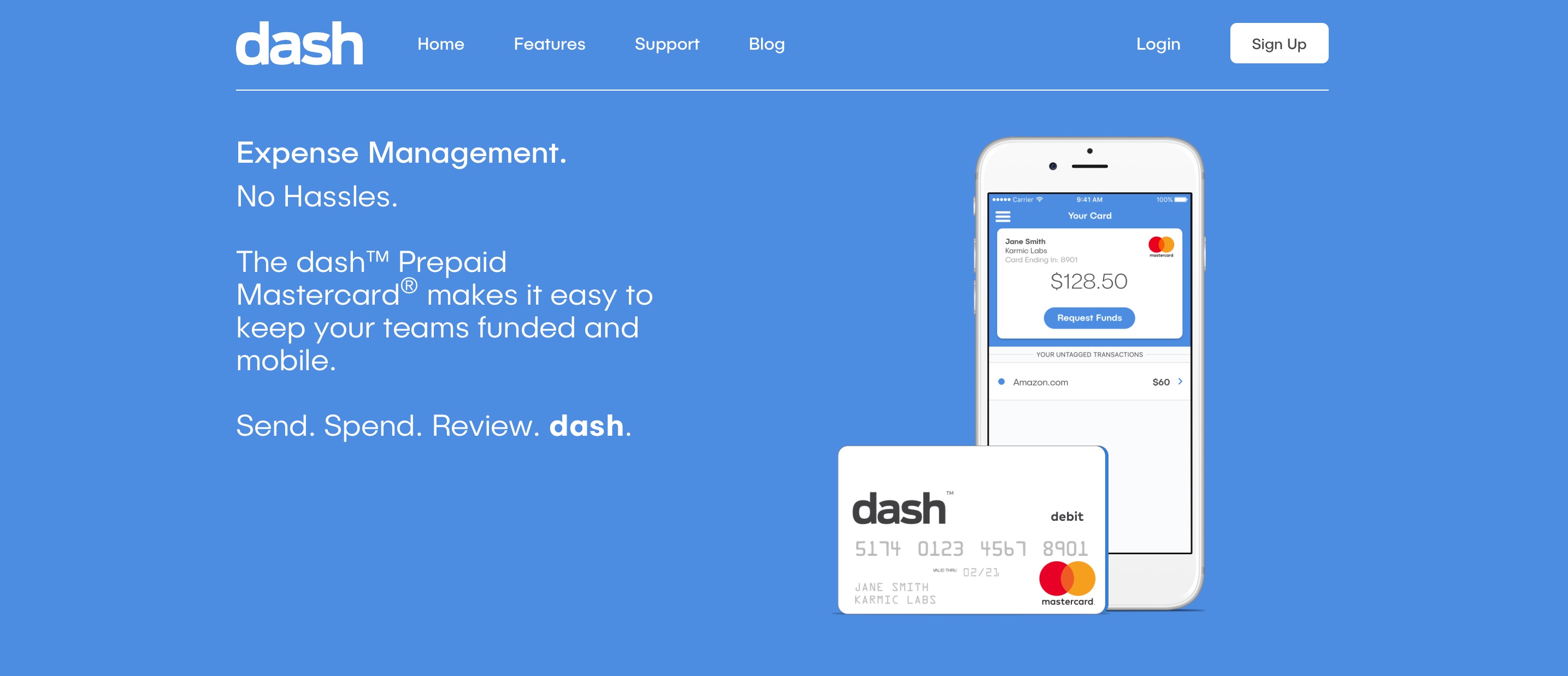

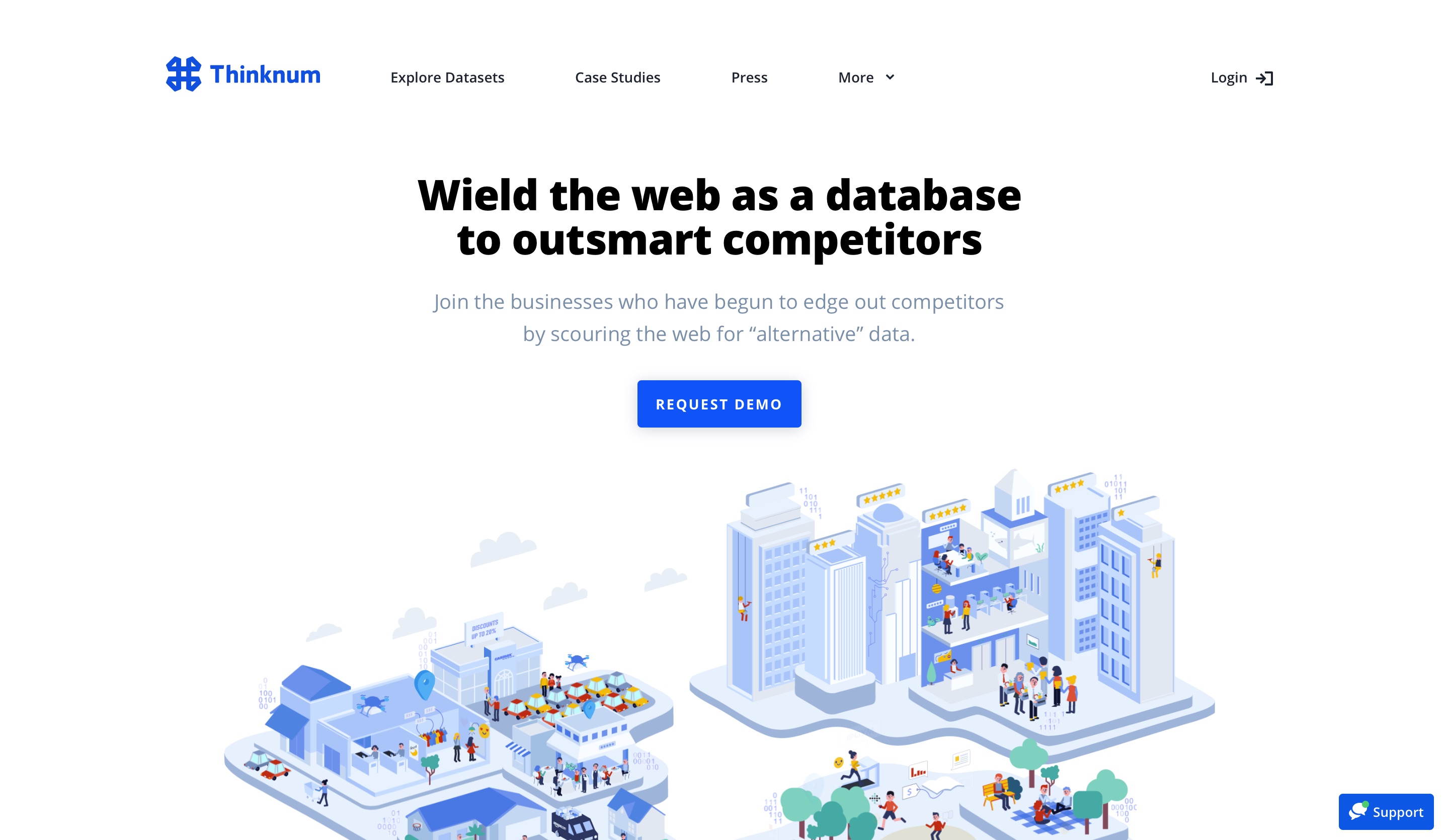



 to front of mind for most banks, and why there is no silver bullet to solve poor customer experiences. Success, he explains, is a medley of understanding your customer, deploying new technology, and keeping your staff happy, too.
to front of mind for most banks, and why there is no silver bullet to solve poor customer experiences. Success, he explains, is a medley of understanding your customer, deploying new technology, and keeping your staff happy, too. 
 In addition to her work at Fitbit (Senior Director of Finance) and LeapFrog (Director of Finance), Morrissey worked at Yahoo! as Director of Investor Relations. For nearly ten years she worked in financial services with both JPMorgan Chase & Company and Salomon Smith Barney. Morrissey is a graduate of DePauw University and Harvard Business School.
In addition to her work at Fitbit (Senior Director of Finance) and LeapFrog (Director of Finance), Morrissey worked at Yahoo! as Director of Investor Relations. For nearly ten years she worked in financial services with both JPMorgan Chase & Company and Salomon Smith Barney. Morrissey is a graduate of DePauw University and Harvard Business School.